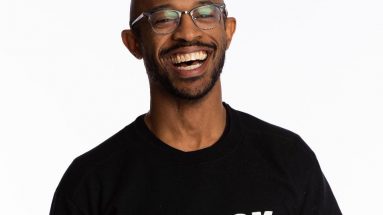
Going into 2020: How do you build a strong work force
Potential investors are more attracted to businesses that have empowered their employees and engaged them to go above and beyond to satisfy customers and ensure the company’s success. Ultimately, highly engaged employees boost company values. There are five critical activities you need to employ to build a strong workforce: 1) Recruitment is where it all begins. Hire …
Read More "Going into 2020: How do you build a strong work force"
The post Going into 2020: How do you build a strong work force appeared first on Virtual HR.
